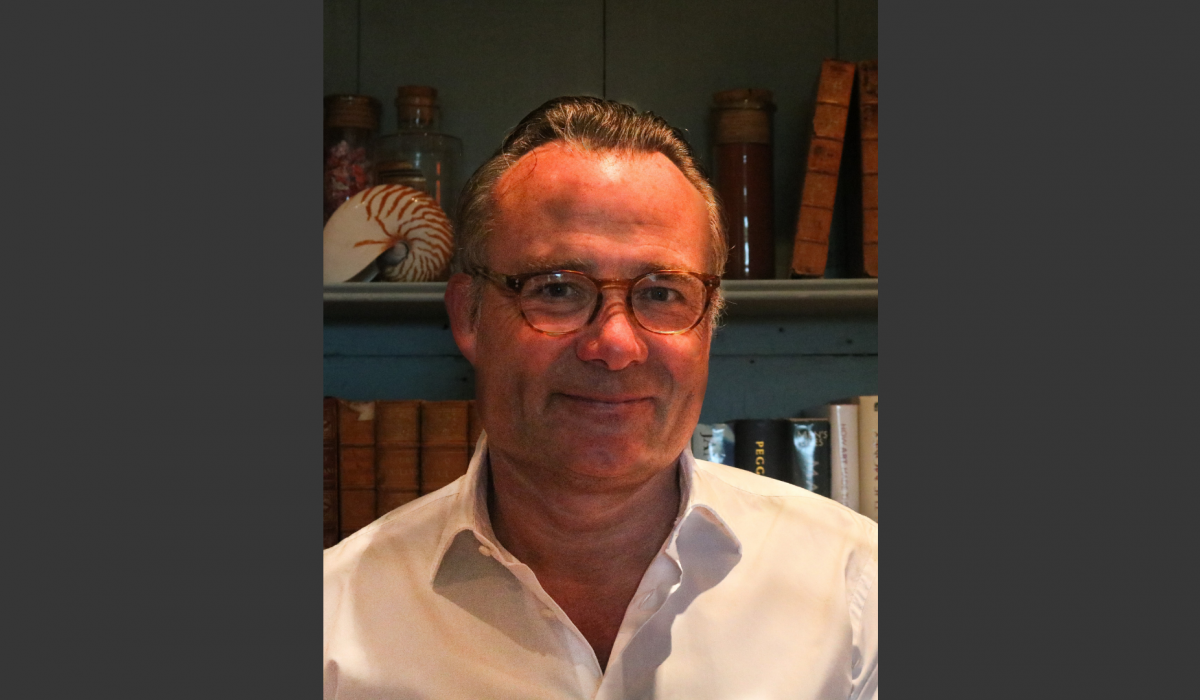Watch this fascinating virtual talk with Futurist Richard Watson where he discussed why the future is not beyond our control.
About the Speaker
Richard Watson is Futurist-in-Residence at the Entrepreneurship Centre at the Judge School at Cambridge. Prior to this he worked with the Tech Foresight Practice at Imperial College. He is the author of five books, including Digital Vs. Human. However, he is probably best known as a designer of provocative ‘maps.’ The Financial Times called these “Brave”, while Business Insider said they might “Blow your mind”.
"During times like these it’s easy to forget that there have always been times like these. Who can pinpoint this period, for example? Things start with an economic downturn. This ends and there’s a wave of disruptive technologies, but also massive economic instability. Regional conflicts escalate to the point of war. Chemical weapons are used. Just as war ends, there’s a global pandemic. There follows an economic boom, but it doesn’t last long; an economic collapse even larger than the first occurs, driving inflation and mass unemployment. Democratic governments collapse and authoritarian regimes take over. This leads to another conflict, even greater than the last, which ends with the use of nuclear weapons.
The point of this passage, adapted from something written by a fellow futurist named Jamais Caiso about 1895-1945, is to show that, despite the horrors of Covid-19, we have been relatively lucky historically speaking. Moreover, there are other reasons to remain upbeat, optimistic, and cheerful. If one looks at most measures that matter; life expectancy, infant mortality, poverty, democracy, women in education and employment, sanitation, literacy, war, crime, racial and sexual equality, things are better now than ever before. This is not to say that there’s nothing left to be done. Climate change, inequality and the ethics surrounding new technologies need our urgent attention, but we are generally progressing in the right direction. But even if we aren’t, even if you can demonstrate that things are getting worse, we should not despair, because the future is always a moving target, never a fixed destination.
During the first lockdown in 2020, I was asked what I thought would happen next. It was impossible to say. It still is. But this was, and remains, the wrong question. The right question is what do we want to happen next?
The future is unknowable, but it is not beyond our control and we have options beyond passivity and reaction. We cannot predict the future, but we can invent it. Whatever happens next largely starts with whatever we, first individually and then collectively, decide to do next. We can either choose to remember this time, building on the many positive things that come out of it, or we can dwell on the negatives. The former future is built on empathy, humility and hope, the latter future is forged on isolation, recrimination and despair. It’s not a difficult choice to make."
- Richard Watson




